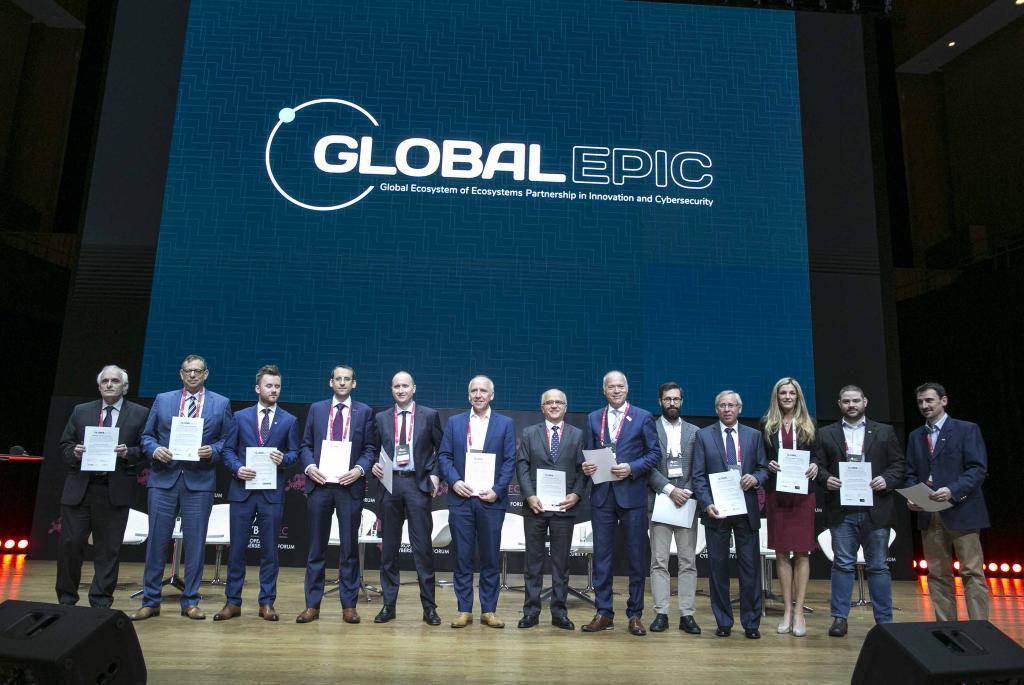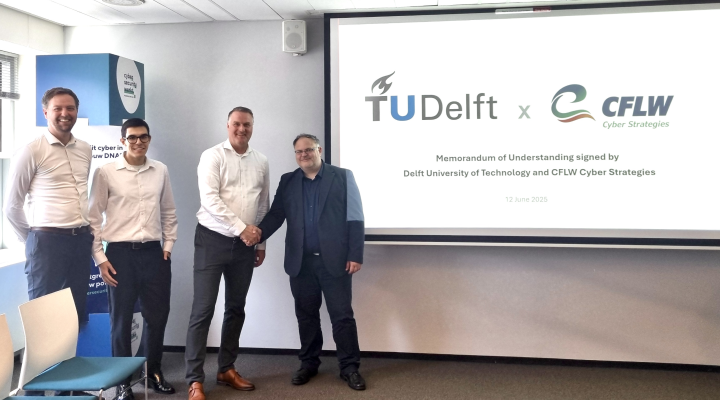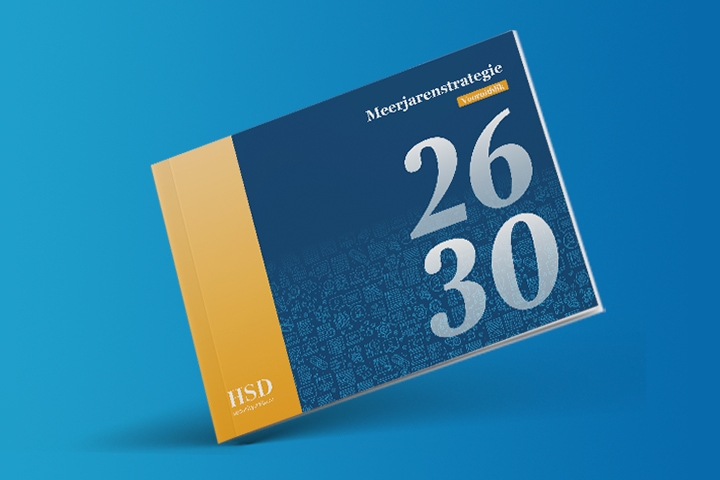Worldwide Collaboration Against Cybercrime
Today, the inaugural meeting of the Global Ecosystem of Ecosystems Partnership in Innovation and Cybersecurity (Global EPIC) took place during the 3rd European Cybersecurity Forum - CYBERSEC 2017 in Krakow, Poland.
Global EPIC is designed to combat growing world challenges by facilitating global collaboration while enabling positive local cybersecurity and economic benefits. It will do this by building a global community of innovation ecosystems who will collaborate on projects and share expertise through an expanding network of diverse organisations.
This initiative will see 14 global ecosystems co-creating and adopting world-changing solutions to high-impact cybersecurity challenges, both current and emergent. The ecosystems involved come from 10 different countries spanning 3 continents, reflecting the truly global nature of the partnership. Global EPIC has set a target of 50 member cyber security ecosystems by October 2020.
Urgency
Cybersecurity threats are a global challenge disrupting local modern living. That hardly a day goes by without news of yet another harmful attack, suggests our current approaches to cybersecurity are failing. Isolating cybersecurity as its own “special domain” misreads its inherent embodiment in all sectors and levels of society. Consequently, new approaches need development if we are to achieve the global and local benefits offered by cyber and cyber-enabled technologies.
14 Leading Global Cybersecurity Ecosystems
Across the globe, ecosystems that bring together academia, industry and government operate to respond to cybersecurity threats and enable economic development opportunities. The 14 involved ecosystems have largely developed independently, driven by local and national objectives. The leaders of these keystones have become aware that the challenges of cybersecurity require global paradigm-shifting partnerships and cooperation that reflect regional and local imperatives. Underpinning this perspective is a conscious attempt to ‘glocalise’ – localise the global and globalise the local.
Richard Franken, Director of The Hague Security Delta (HSD) said
"We are stronger and have a bigger impact together. Cybersecurity problems cannot be solved by ourselves. Government, businesses and knowledge institutions need eachother. However, in a time where international security issues are becomming more complex, a national collaboration is not enough. We will need eachother worldwide in order to move forward and to put together a good digital defence."
Dr Godfrey Gaston, Director of the Centre for Secure Information Technologies (CSIT), one of the co-founding organisations, said “The formal launch of Global EPIC represents an escalation of global cybersecurity innovation ecosystem collaboration to tackle head on the challenges citizens, businesses and governments face in supporting the shift to an interconnected digital economy. It is a win/win for organisations and regions involved and we at CSIT are proud to be a founding keystone organisation.”
Izabela Albrycht, Chairperson of the Kosciuszko Institute and Chair of the CYBERSEC Organising Committee said “Building a global knowledge sharing community with cross-sectoral stakeholders is a must, in the face of rapidly expanding cyberthreats. Today, here in Krakow, we are laying the foundations of the partnership which, as we hope, will bring innovators at the forefront of the fight against emerging cyber-challenges.”
“I expect important economic benefits, such as job creation, revenue enhancement and investment,’’ noted Dan Craigen, Director of Carleton University, Canada’s Global Cybersecurity Resource (GCR), which equips high growth companies with the skills, resources and linkages required to develop novel cyber products and services, with the explicit intent that “companies must scale globally and securely to succeed.”
CyberSpark, Israel CEO Roni Zehavi said the organization “commences a new era, on which the being and doing at the local level would turn into a sustainable and well-orchestrated operation at the global one.”
The 14 ecosystems are: bwtech@UMBC (Baltimore, U.S.A.), Centre for Secure Information Technologies - CSIT (Belfast, U.K.), Cyberspark (Be’er-Sheva, Israel), CyberTech Network (San Diego, U.S.A.), Cyber Wales (Cardiff, U.K.), Global Cybersecurity Resource – Carleton University (Ottawa, Canada), Innovation Boulevard (Surrey, Canada), INCYDE (Madrid, Spain), LSEC (Heverlee, Belgium), Politecnico di Torino (Turin, Italy), Procomer (Heredia, Costa Rica), The Hague Security Delta (The Hague, Netherlands), The Kosciuszko Institute (Krakow, Poland) and The Canadian Institute for Cybersecurity (CIC), University of New Brunswick (Fredericton, Canada).
Source: Global EPIC
Other information & reports
List of 6 regional innovation centres and their role in dealing with cyber disruption.



















